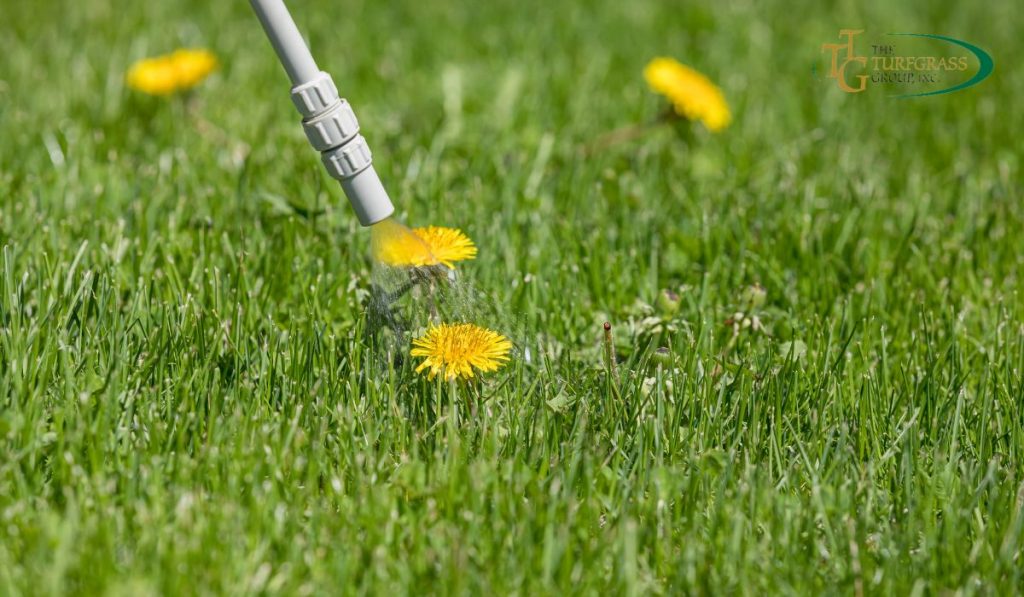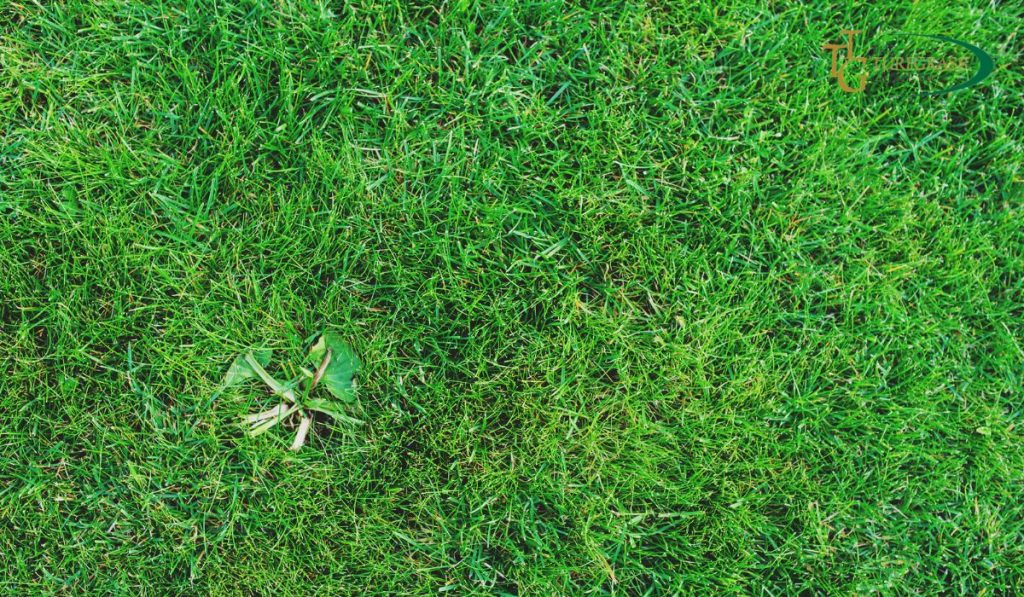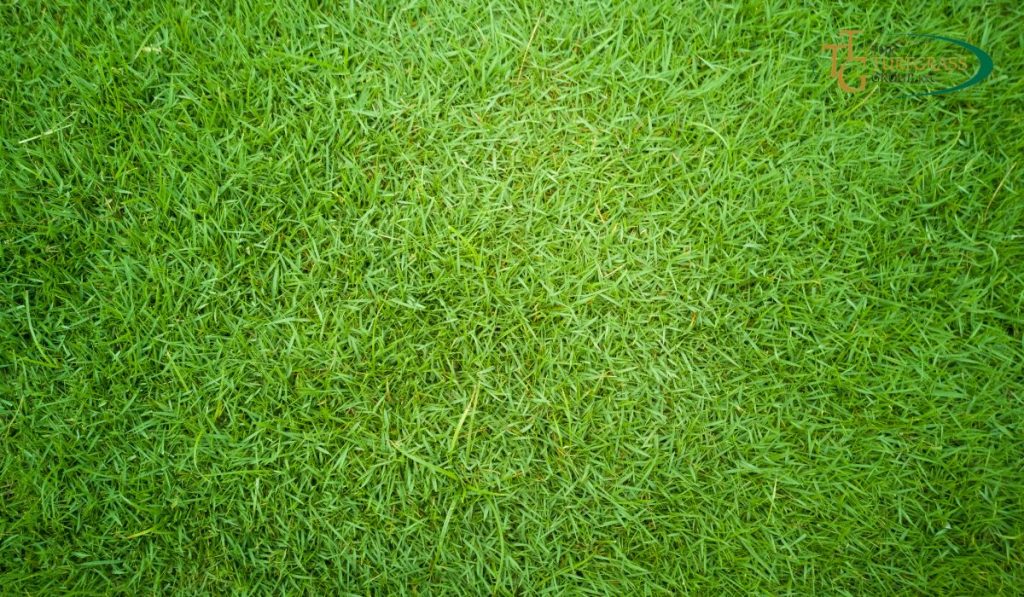
When it comes to maintaining a lush and vibrant lawn, one common obstacle that homeowners often encounter is the relentless invasion of Bermuda grass weeds.
These stubborn intruders can quickly turn your green paradise into a battleground.
However, fear not! In this comprehensive guide, we will delve into effective Bermuda grass weed control strategies that will help you regain control of your lawn and keep it looking pristine.
Understanding Bermuda Grass Weeds
Bermuda grass (Cynodon dactylon) is a warm-season grass that thrives in many regions across the United States.
While it makes for a beautiful and resilient lawn, it can also become invasive when left unchecked.
Understanding the nature of Bermuda grass weeds is the first step in effective control.
Identifying Bermuda Grass Weeds
Before we dive into control methods, let’s learn how to identify Bermuda grass weeds.
These grasses have fine-textured, narrow leaves and often form dense mats.
They can quickly overtake other grass species in your lawn.
Why Bermuda Grass Weeds Are Problematic
Bermuda grass weeds are problematic for several reasons.
They compete with desirable grasses for nutrients, water, and space.

Additionally, their rapid growth and aggressive nature make them challenging to manage.
Preventive Measures
Preventing Bermuda grass weeds from taking over your lawn is the best strategy.
Here are some preventive measures you can take:
Proper Lawn Maintenance
Regular mowing, watering, and fertilizing your lawn will promote the growth of desirable grass species, making it harder for Bermuda grass weeds to establish themselves.
Use of Pre-Emergent Herbicides
Applying pre-emergent herbicides in the early spring can prevent Bermuda grass weeds from germinating.
Control Strategies
If Bermuda grass weeds have already infiltrated your lawn, it’s time to employ control strategies.
Here’s how you can tackle the issue:
Hand Removal
For small infestations, manually removing Bermuda grass weeds, including their roots, can be effective.
Ensure you dig deep to eliminate the entire root system.
Herbicide Application
Selective herbicides formulated for Bermuda grass weed control can be applied according to the manufacturer’s instructions.
Be cautious not to damage desirable grasses.
Mulching
Mulching your lawn can suppress Bermuda grass weeds by depriving them of sunlight.
Use organic mulch to maintain a healthy lawn.
Reestablishing Your Lawn
Once you’ve successfully controlled Bermuda grass weeds, it’s time to reestablish your lawn’s beauty:
Overseeding
Overseeding with desirable grass species can help fill in the gaps left by Bermuda grass weeds.
Regular Maintenance
Continuing with proper lawn care practices will ensure that Bermuda grass weeds don’t make a comeback.
Conclusion
In conclusion, Bermuda grass weed control requires a combination of preventive measures and effective strategies.
By understanding the nature of Bermuda grass weeds, implementing preventive tactics, and using appropriate control methods, you can maintain a lush, weed-free lawn that you can be proud of.
Now, let’s address some frequently asked questions:
FAQs
Is Bermuda grass always considered a weed?
Bermuda grass can be both a desirable lawn grass and a weed, depending on its context and management.
Can I use natural remedies to control Bermuda grass weeds?

While some natural remedies can help, they may not be as effective as herbicides and proper lawn care.
How often should I mow my lawn to prevent Bermuda grass weeds?
Regular mowing every 5-7 days during the growing season can help control Bermuda grass.
Are there non-chemical options for controlling Bermuda grass?
Yes, options like hand removal and mulching are non-chemical methods for control.
What’s the best time to apply pre-emergent herbicides for Bermuda grass control?
Early spring, before the Bermuda grass begins to grow, is the ideal time for pre-emergent herbicide application.
What are some signs that my lawn might be infested with Bermuda grass weeds?
Look out for thinning grass, irregular patches of discolored grass, and the presence of wiry, invasive grass that doesn’t match your lawn’s natural appearance.
Is it possible to control Bermuda grass weeds without using chemicals?
Yes, you can control Bermuda grass weeds through non-chemical methods like manual removal, smothering, and regular mowing. However, these methods may require more time and effort.
Can Bermuda grass weeds be beneficial in any way?
While Bermuda grass can be a resilient and drought-tolerant grass, its invasive nature makes it a nuisance in lawns. There are limited situations, such as erosion control in certain landscapes, where it might be considered beneficial.
Should I consult a professional for Bermuda grass weed control, or can I do it myself?
The choice depends on the severity of the infestation and your expertise. For extensive problems, consulting a lawn care professional can be a wise choice to ensure effective control.
Can I use Bermuda grass clippings in my compost pile or as mulch?
While Bermuda grass clippings can be used in compost, ensure that the compost reaches a high temperature to kill any potential seeds. Using it as mulch is not recommended, as it may lead to regrowth in your garden beds.